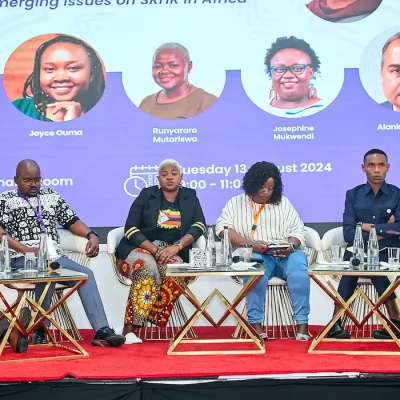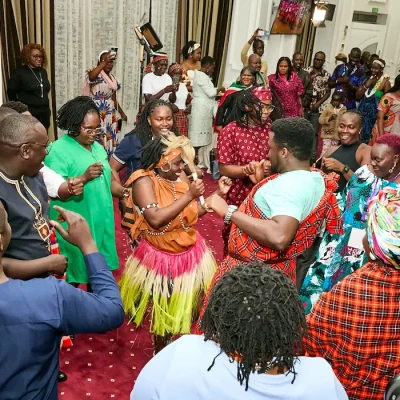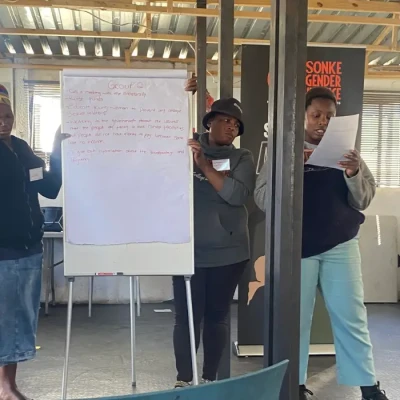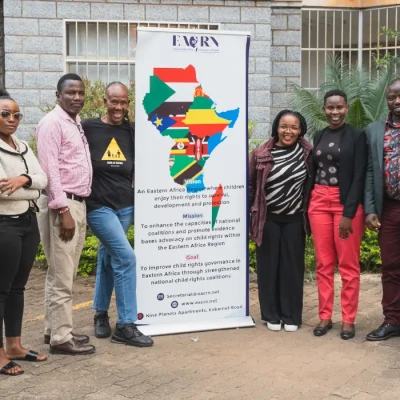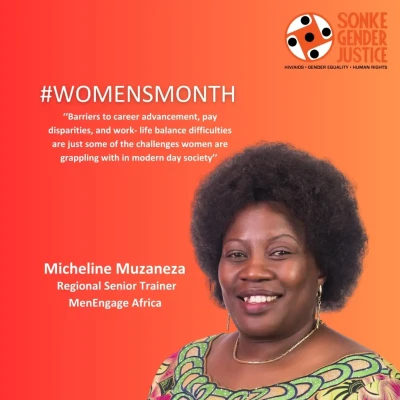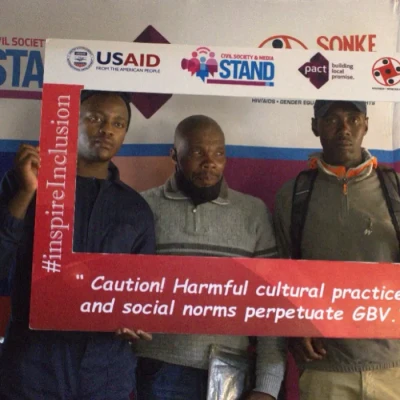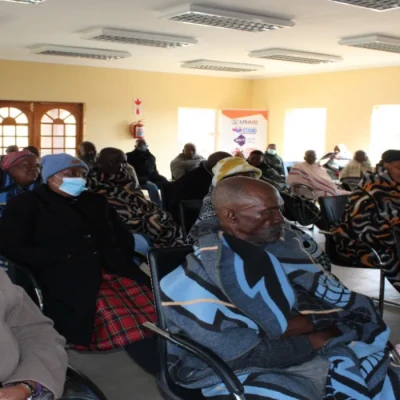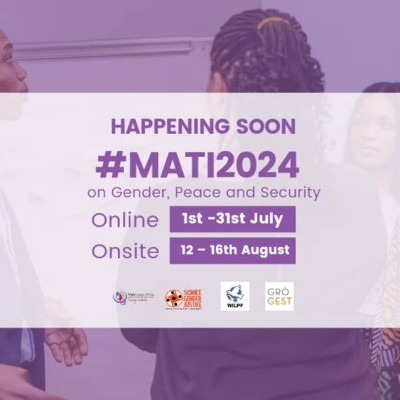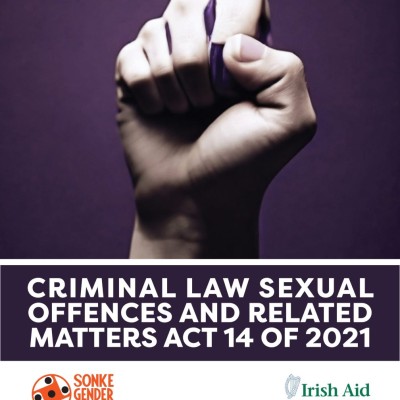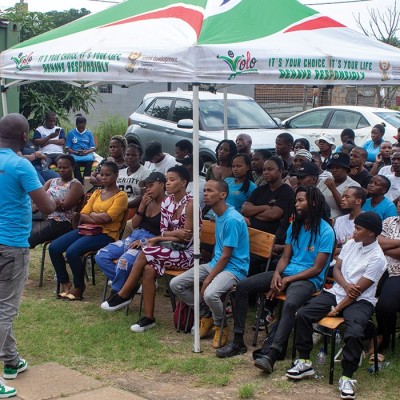Public transport is an essential part of everyday life for many South Africans. According to a 2013 National Household Travel Survey, nearly 40% of workers used public transport as their main mode of travel to work – the total number of public transport trips per weekday to go to work is estimated at 5,4 million, with 68% of these being public transport trips made by taxi, 20% by bus, and 13% by train.
Sexual harassment and assault on public transport is an international and national daily occurrence and the incidents involved may range from the relatively “mild” to the “very serious”. The main dangers women face in public transportation range from forms such as catcalling, unwanted attention, inappropriate physical contact, aggressive advances from strangers, and a range of other invasive sexualized behaviors. There have been widespread reports of women generally “being jeered at, physically assaulted and stripped of their clothes in public” throughout South Africa.
In order to holistically address GBV in South Africa, there is a need to focus on public transport. Consequently, in 2016, Sonke, in partnership with SANTACO (South African National Taxi Association), launched the Safe Ride Campaign. The purpose of the campaign is to engage the South African taxi industry – associations, owners and drivers – as well as key government departments, in a campaign to promote respectful and non-violent behaviour towards customers, prevent sexual and gender-based violence and harassment – particularly any manifestations of sexual violence – and promote gender equality and safety of women and children within the taxi industry.
Through our policy and advocacy work on public transport and GBV, Sonke aims to:
- Conduct policy scans and analysis on current legislation and policies to clarify the roles and responsibilities of key government departments and Chapter 9 institutions in terms of ensuring the safety of women and girl commuters in the taxi industry.
- Produce research and advocacy briefs on relevant laws and policies around the industry and key government responsibilities, to be used in awareness campaigns and for advocacy purposes, including submissions and presentations to parliament and various portfolio sub-committees.
- Meet with law and policy makers and duty bearers.
Bring together key government, community and CSO stakeholders to discuss policy gaps and implementation on women’s safety on public transport.


